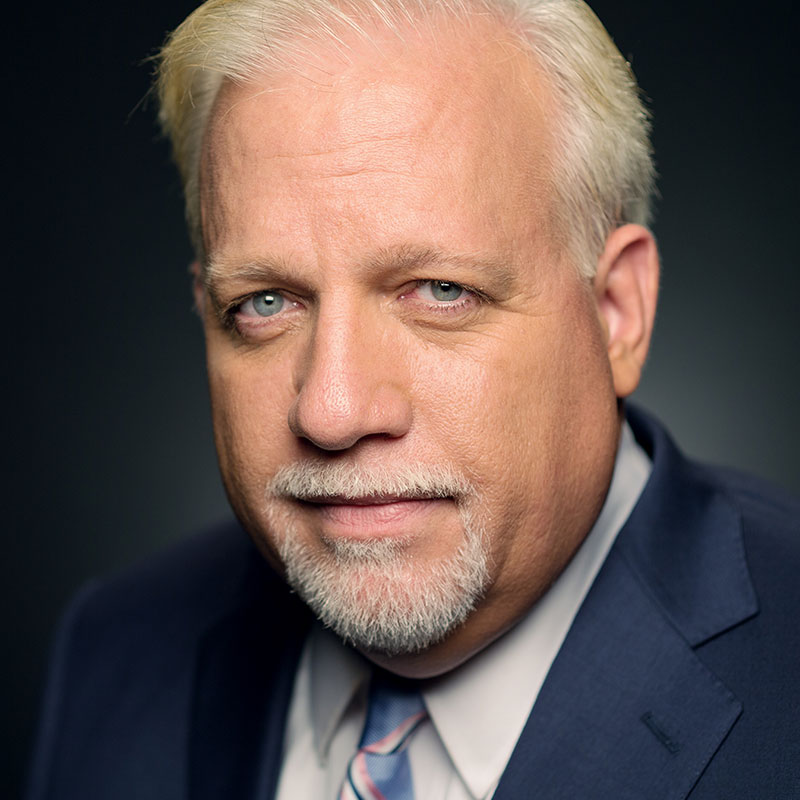Galileo, Climate Change and an Embattled Religion

Far more interesting to me than the debate over man-made climate change is the way followers of this apocalyptic vision desperately cling to it in the face of scandals like Climategate and the actual climate data itself (the trusted data, not the stuff that is cooked and processed for political purposes and to attract funding).
Some of the climate faithful become absolutely apoplectic-white knuckle-frothing at the mouth in the face of criticism from the unbelieving. You’d think someone was defending their mother’s honor.
This week Jon Stewart of the Daily Show used the F-word in barking that Fox Anchor Stuart Varney’s “opinion (that Climate Change is baloney) is not as valid as scientific fact!”
It’s weird.
Yes, CO2 does become trapped in the atmosphere and does hold in heat, although carbon dioxide is dwarfed in volume by the largest greenhouse gas, water vapor. (Never fear, scientists have devised a reason why modern man is responsible for more water vapor in the atmosphere, too--Seeing a pattern here?)
And, yes, the Earth has warmed in the past 100 years. Some scientists think the climate is still recovering from Little Ice Age in the 1600s to 1800s. And current temperatures today are not nearly as warm as they were in what is called the Medieval Warm Period (from 950 to 1250 A.D.), a time when no one drove a Hummer or ate at McDonalds, but the Earth was still very hot.
But the profound spiritual crisis for those who desperately need the climate change narrative to be true is the cold fact that the Earth stopped warming between 15 and 17 years ago. That means the climate change model that is the holy scripture for so much planned, global social engineering--environmentalism's global evangelization project--is fatally flawed.
The climate change establishment has countered that 15 to 17 years is not time enough for climate to disprove a climate model. And one finds that, ultimately, nothing can disprove climate change for the believing, which then takes it from the realm of science to religious dogma.
Has climate change become a religion for some? Of course. In Paris, French philosopher Pascal Bruckner told me it has all the marks of "a pagan religion." Bruckner has written The Fanaticism of the Apocalypse (Le fanatisme de l'Apocalypse).
Although Bruckner supports environmentalism, he likens the climate change alarmism to a religious cult.
"Because it uses all the elements of traditional religion, especially the theme of the apocalypse," he said. "You have this culture of fear: 'You have sinned and now you have to be punished.'"
Climate skeptics are treated as religious heretics in need of a good public shaming or worse.
When French scientist and politician Claude Allegre came out with the book, The Climate Deception (L'imposture Climatique), 400 French scientists signed a petition asking the government to denounce the book.
Academic freedom, anyone? Belgian TV featured a program devoted to "exposing" so-called "climate criminals;" experts like Allegre who don't believe in global warming.
What would the great astronomer Galileo say about all this if he were alive? In 1633 Galileo was convicted of “grave suspicion of heresy” for "following the position of Copernicus (that the Earth revolves around the Sun), which is contrary to the true sense and authority of Holy Scripture.”
Galileo had become a subversive. He was placed under house arrest for the rest of his life. One gets the feeling that some climate change fanatics would love to put skeptics under house arrest, and take away their computers.

Galileo would also have something to say about another phenomenon happening today: the lack of sunspot activity. Beginning in 1611, Galileo began to document the lack of sunspots during what is called the Maunder Minimum. His drawings from that period still survive.
And what came next in weather history? Little Ice Age.
